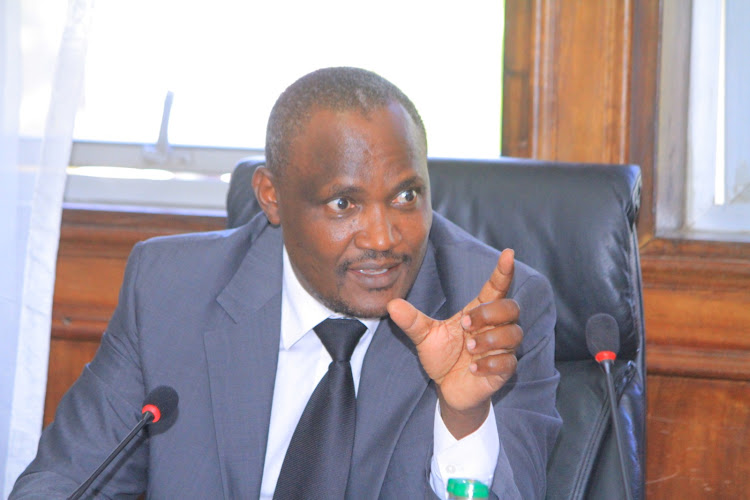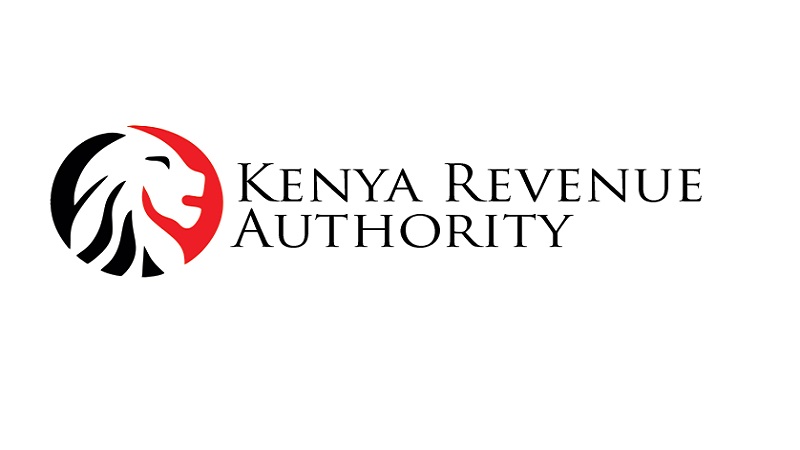KRA to leverage tech to boost tax collection

Kenya’s revenue collection agency KRA is seeking to implement technological advancements to enhance tax system and increase revenue collection following a directive from the country’s new National Treasury Cabinet Secretary (CS) John Mbadi.
Speaking at a recent meeting with KRA’s top leadership and staff, the CS emphasized the need for continuous modernization in tax administration to streamline business processes, leverage cutting-edge systems, and simplify tax transactions.
“Our modernization journey must align with our objectives and those of taxpayers. This approach will not only benefit taxpayers but also significantly boost our revenue mobilization efforts,” Mbadi said.
Highlighting the transformative power of technology, the CS noted that it is crucial for reforming taxpayer services, improving operational efficiency, and enhancing revenue collection.
“Our commitment to this cause is evident in our national strategic policy reforms and the ongoing modernization of revenue administration processes,” he added.
Furthermore, the CS urged KRA to expand the tax base, particularly in sectors that have traditionally been hard to tax. This, he stated, will help protect existing businesses from excessive taxation.
Mbadi further said that the National Treasury will support KRA by developing policies to guide in revenue mobilization. He said that instruments such us The National Tax Policy will support the expansion of the tax base, enhance fairness and equity in the tax system and create certainty and predictability in tax rates and tax bases.
“Through the Policy, the KRA must ensure that we achieve higher tax compliance, enhance taxpayer experience and reduce tax expenditure to ISO 9001:2015 CERTIFIED PUBLIC minimize market distortions and tax refund pressures. As outlined in the Policy, we shall develop a framework for granting tax incentives that are time-bound and growth-oriented,” said the minister.
KRA recently recorded a 11.1% growth in revenue collection for the financial year 2023/2024 up from 6.4 % in the previous financial year. The authority attributed this growth technology solutions that have highly simplified tax processes, facilitated trade and enhanced voluntary compliance.
Going into the future, KRA projects to design and deploy new technology architecture that will create market-customized solutions by enabling other stakeholders to integrate with KRA systems. KRA will also increasingly rely on data analytics, Artificial Intelligence (AI), Machine Learning (ML) and Application Programming Interface (API).
‘’These technologies will reshape how KRA approaches compliance by modernising tax processes. The technologies will help improve customer experience, service quality, identify potential tax evasion schemes, and help KRA make informed decisions and formulate data-driven policies.’’ KRA says.
Follow us on Telegram, Twitter, and Facebook, or subscribe to our weekly newsletter to ensure you don’t miss out on any future updates. Send tips to editorial@techtrendsmedia.co.ke


